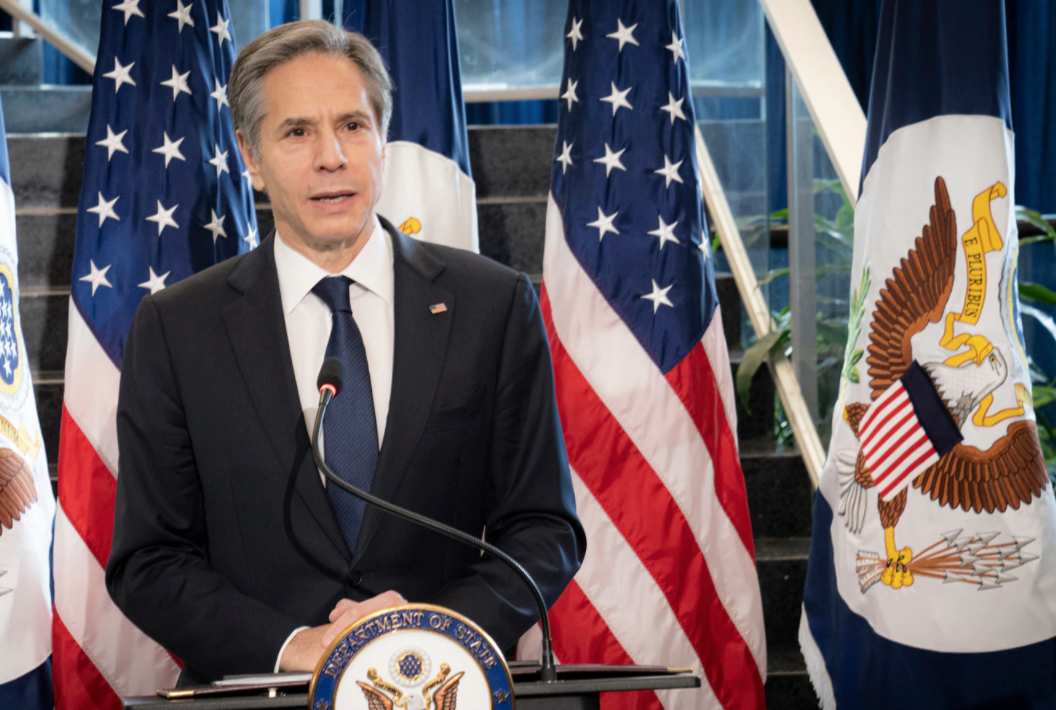
Commentaries | Jun 29,2024
Mar 16 , 2019
By Tsion Fisseha
A tragic plane crash of an Ethiopian Airlines flight not far from the capital took the lives of all its 157 passengers and crew members last Sunday. Stories flooded in after news of the crash became public and reverberated across the world.
Everyone started analysing the situation. For some, technical analysis was a priority. Others wanted to dissect the calamitous incident to find out its political implications, pretty callously it might be added, and still others just saw the human aspect of the crash.
Among the stories that followed was of a Greek passenger, Antonis Mavropoulos, CEO of a waste management company in Athens, that had missed the flight by two minutes and was promised a seat on the next plane. The passenger, who was meant to travel to Nairobi for the annual assembly of the United Nations Environment Assembly, said he was outraged by the whole situation the moment he found out that he missed his flight.
“March 10, 2019 – my lucky day,” he would later write on his Facebook page after finding out the unfortunate fate of the flight he missed.
These types of stories are heard often, and be it destiny or not, they tend to ground the people that hear them. They make one realise that the humans are fragile, and the time that one has on this planet is not known and that sometimes slight misfortunes are a blessing in disguise.
“There are no wrong turnings, only paths we had not known we were meant to walk,” said Guy Gavriel Kay.
The missed calls, the meeting that should have started earlier, the ticket that we forgot to purchase could just be dodged bullets or missed opportunities, which nonetheless bring forth even better fortune.
Indeed, these moments are tragic and should be avoided at all costs. But our strength and knowledge are measured by the way we respond to the situation, no matter how severe or tough the situation may be. This goes for the institutions as well as the nations that have been hit by such misfortunes.
The list of victims released following the crash showed people of various nationalities and professions from across the globe. As devastating as the death of the passengers were, they will always be remembered as saints that roamed this earth.
Every moment of everyone’s life is just as valuable as the next. And it takes death, which however frequent is always a shock, and accidents to remind us of that significant yet straightforward fact.
If today was our last day, what would we do? Would wars exist? Would violence overshadow the peace that could be had?
Such accidents are reminders allowing whoever is willing to listen to be grateful for their wellbeing.
“We all die. The goal isn’t to live forever; the goal is to create something that will,” said Chuck Palahniuk, an American novelist.
It is a legacy that will follow the name even after the tombstone, and it is deeds that speak beyond the grave. It ranges from the simplest of acts, from kindness toward complete strangers to an act that grabs the attention of the world.
The sheer realisation that one survives and continues to walk this earth should impress upon us that we should wisely assess the life paths we have taken in order to fix what needs fixing, to build on started foundations and to make the second chances worthwhile. Take the luck and turn it into a gift that can be shared with everyone.
PUBLISHED ON
Mar 16,2019 [ VOL
19 , NO
985]


Commentaries | Jun 29,2024

Fortune News | May 24,2021

Viewpoints | Mar 25,2023

Viewpoints | Dec 25,2018

Radar | Oct 17,2020

Editorial | Oct 23,2021

Radar | Oct 16,2021

Radar | Apr 03,2021

Viewpoints | Feb 01,2020

My Opinion | Jun 07,2020

Photo Gallery | 174889 Views | May 06,2019

Photo Gallery | 165109 Views | Apr 26,2019

Photo Gallery | 155375 Views | Oct 06,2021

My Opinion | 136738 Views | Aug 14,2021

Dec 22 , 2024 . By TIZITA SHEWAFERAW
Charged with transforming colossal state-owned enterprises into modern and competitiv...

Aug 18 , 2024 . By AKSAH ITALO
Although predictable Yonas Zerihun's job in the ride-hailing service is not immune to...

Jul 28 , 2024 . By TIZITA SHEWAFERAW
Unhabitual, perhaps too many, Samuel Gebreyohannes, 38, used to occasionally enjoy a couple of beers at breakfast. However, he recently swit...

Jul 13 , 2024 . By AKSAH ITALO
Investors who rely on tractors, trucks, and field vehicles for commuting, transporting commodities, and f...

Oct 18 , 2025
The political establishment, notably the ruling party and its top brass, has become p...

Oct 11 , 2025
Ladislas Farago, a roving Associated Press (AP) correspondent, arrived in Ethiopia in...

Oct 4 , 2025
Eyob Tekalegn (PhD) had been in the Governor's chair for only weeks when, on Septembe...

Sep 27 , 2025
Four years into an experiment with “shock therapy” in education, the national moo...

Oct 18 , 2025 . By NAHOM AYELE
In a sweeping reform that upends nearly a decade of uniform health insurance contribu...

Oct 18 , 2025 . By BEZAWIT HULUAGER
A bill that could transform the nutritional state sits in a limbo, even as the countr...

Oct 18 , 2025 . By SURAFEL MULUGETA
A long-planned directive to curb carbon emissions from fossil-fuel-powered vehicles h...

Oct 18 , 2025 . By BEZAWIT HULUAGER
Transaction advisors working with companies that hold over a quarter of a billion Bir...